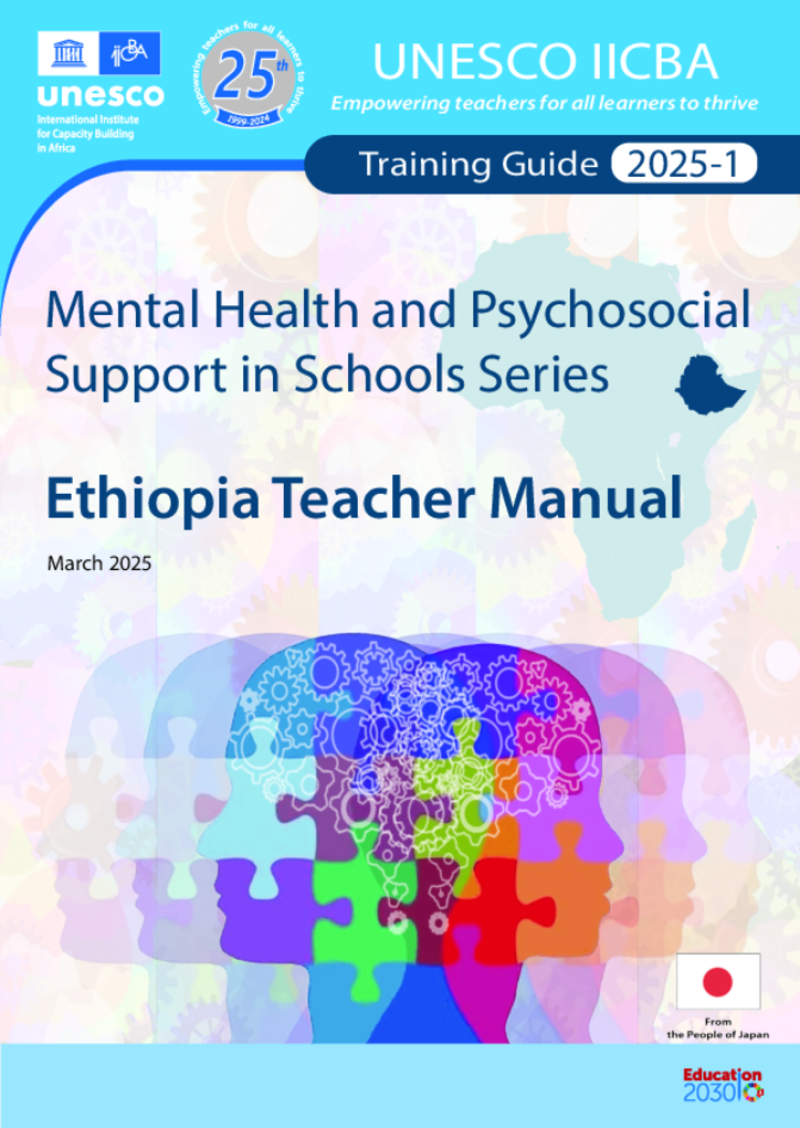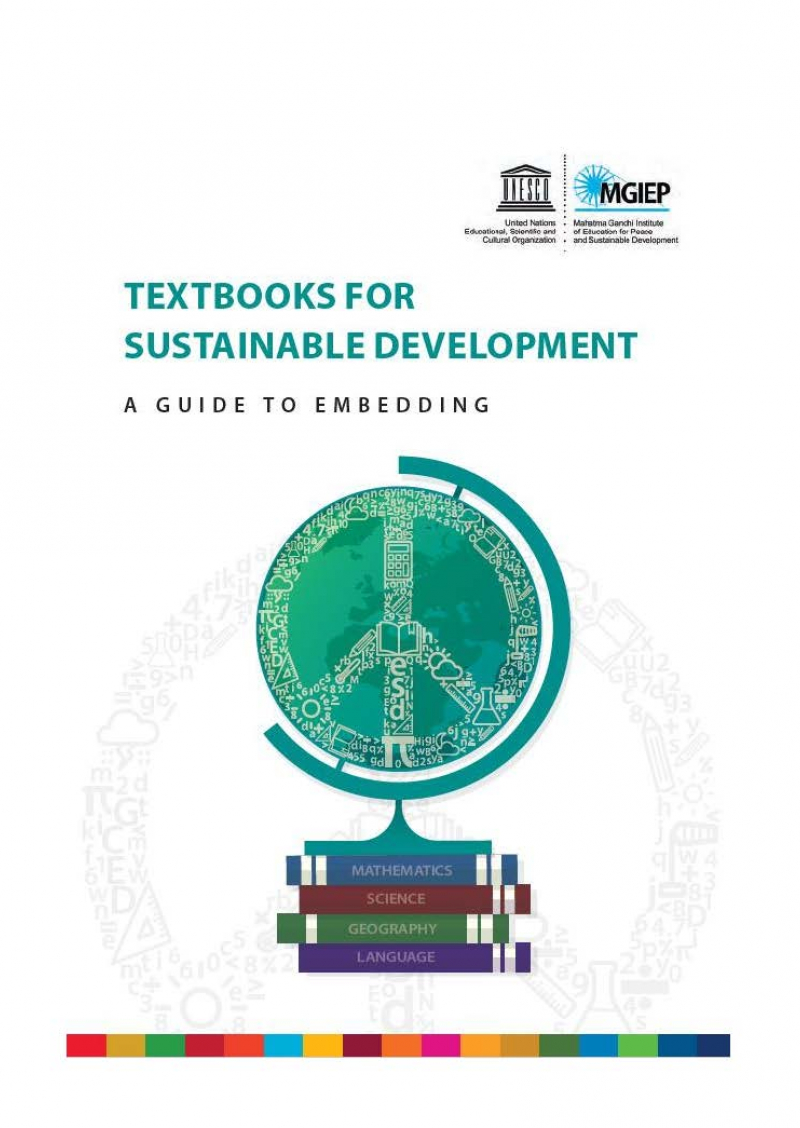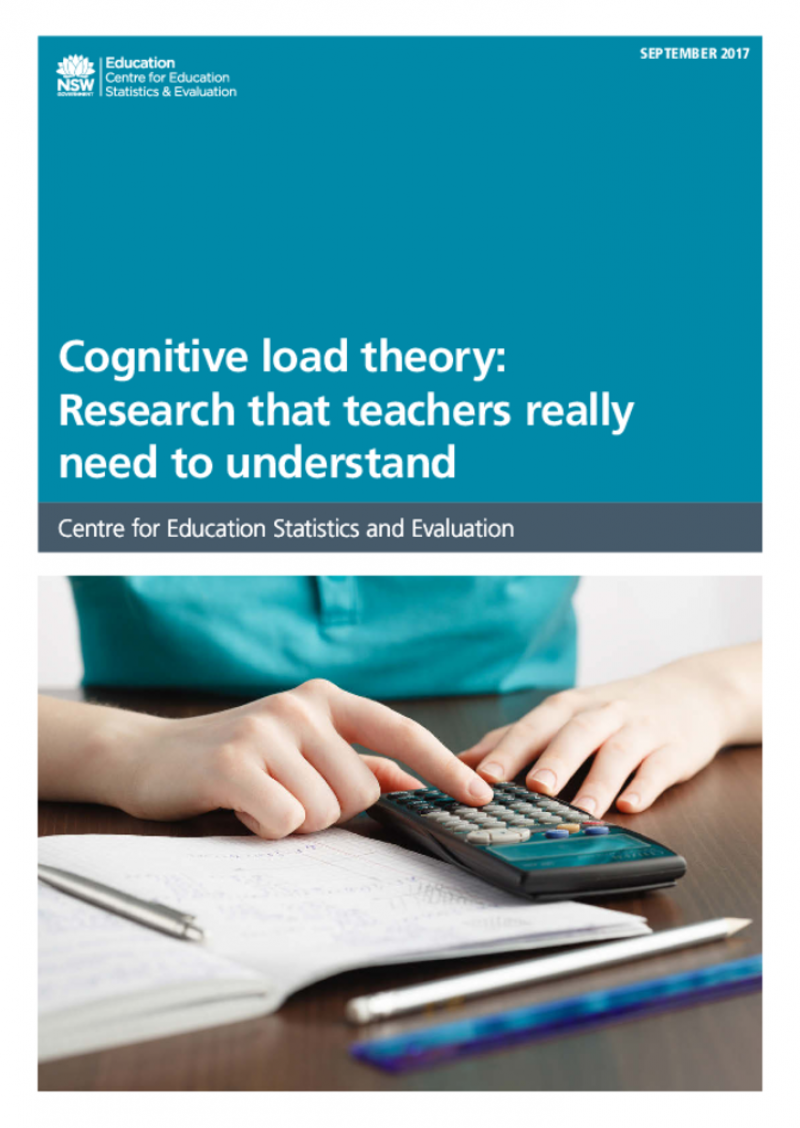Teacher Resource Centre
Displaying 1 - 3 of 3
Mental Health and Psychosocial Support in Schools Series - Ethiopia Teacher Manual
This manual equips teachers with practical knowledge and tools to support the mental health and psychosocial well-being of learners, particularly in conflict-affected regions like Afar, Amhara, and Tigray. It includes a case management toolkit and aims to create a safe, healing classroom environment. The manual raises awareness of MHPSS, provides techniques for identifying and managing mental health issues, and promotes emotional safety and resilience. By integrating MHPSS into teaching, it helps teachers foster a supportive and inclusive educational environment, enhancing professional development through trauma-informed pedagogy.
Textbooks for sustainable development: a guide to embedding
This guidebook aims to support textbook authors and publishing houses to produce a new generation of textbooks that integrate education for sustainable development. By doing so, it aspires to make learning relevant and effective. It also contributes to the implementation of the 2030 Agenda for Sustainable Development. Textbook authors and educators are encouraged to use this guidebook as a source of ideas, tools and methods that can help to enrich content and pedagogy and complement their own individual and institutional strategies. The guidebook offers concrete guidance for textbook authors on how to reorient the existing curriculum content towards peace, sustainable development and global citizenship.
Cognitive load theory: Research that teachers really need to understand
To improve student performance, teachers need to understand the evidence base that informs and helps improve their practice. An area of research with significant implications for teaching practice is cognitive load theory.
This paper describes the research on cognitive load theory and what it means for more effective teaching practice. The first part of the paper explains how human brains learn according to cognitive load theory, and outlines the evidence base for the theory. The second part of the paper examines the implications of cognitive load theory for teaching practice, and describes some recommendations that are directly transferable to the classroom.


